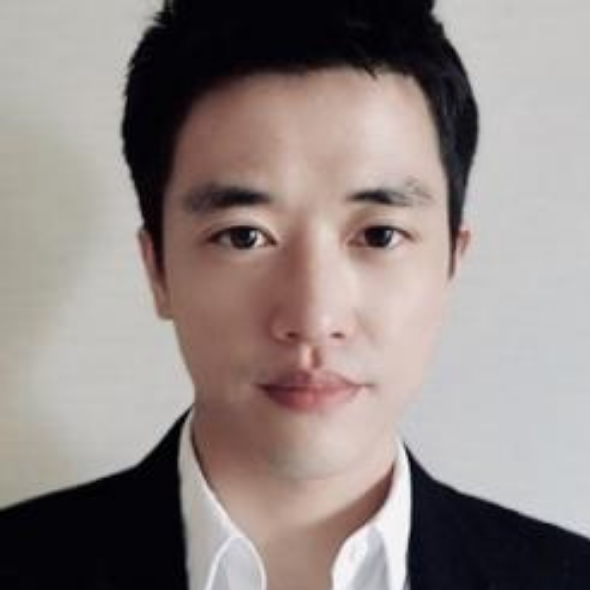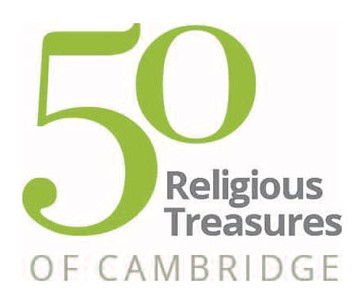Explore how philosophy can provide us with a glimpse of what the truth must be like with Dr Tianyi Zhang.
Meet your lecturer
Believe it or not, Tianyi Zhang’s academic journey started from a search for the meaning of life. After completing his BA in Arabic and taking up his first non-academic job, he felt that his life was meaningless. He thus decided to quit the job and embarked on a journey in Arabic philosophy (because he knew Arabic!). He was convinced by his own argument that if life has a meaning, he would need to prove it philosophically before pursuing it; if life has no meaning, the philosophical search itself would become the meaning. Therefore, he could not be wrong. Now he feels that the journey itself is meaningful enough already, so he was right!
Tianyi was entirely educated in China and travelled to Europe only when he came to Cambridge for his PhD. He is currently a Junior Research Fellow (JRF) in Divinity at Clare College. He is fascinated by a towering figure of Arabic philosophy named Suhrawardī (d. 1191), the founder of the Islamic Illuminationist tradition. He believes that Suhrawardī is the key to understanding the history of Arabic philosophy, a connecting link between an early central figure named Avicenna (Ibn Sīnā, d. 1037) and a much later figure named Mullā Ṣadrā (d. 1636), and between Aristotelianism and Platonism in the Arabic tradition. Moreover, the nature of Suhrawardī’s Illuminationism is like a huge puzzle, and Tianyi loves solving puzzles in his own way!
Explore further
The Epistle on Logical Rules for Shams al-Din is probably the most widely used textbook on logic of all time. It covers almost all the major topics in the Arabic logical traditions. It developed from Avicenna’s project to modify Aristotelian logic, which attracted enormous attention throughout the thirteenth century.
The Genizah Manuscripts are a collection of almost 300,000 texts that were stored in a synagogue in Cairo between 800 and 1250 AD. Evidence of Avicenna’s influence (see below) can be found in these manuscripts.
Avicenna’s Canon of Medicine is brought to life in these wonderful scans from Cambridge University Library. Avicenna’s Canon of Medicine was one of the most influential medical texts in the Arabo-Islamic world and in pre-modern Europe, and his influence lasted until the eighteenth century.
Consider some questions
How might philosophy help us understand more about God?
In Avicenna’s thought experiment (see teacher resources below for the text), do you think the ‘flying man’ can confirm the existence of himself and be self-aware, without knowing anything else whatsoever? Can the experiment prove definitively the existence and the immateriality of the soul (that is, the soul is not the body)?
Do you agree with Avicenna and Suhrawardī that we always have primitive self-awareness, which can never be deprived of us?
Do you agree with Suhrawardī that presential knowledge (e.g. self-awareness, your knowledge of your own body, and even sense-perceptions) is superior to rational knowledge (in the form of definitions, propositions, and arguments)?
Are you convinced by Suhrawardī’s idea that we might have the potential to know everything else, including God, in a superior and presential way (that is, in a direct, constant, comprehensive, and infallible way), just as how we know ourselves and our own bodies?
Does science tell us only how the world appears and not how it really is?
Guidance for teachers
Download the video transcript



